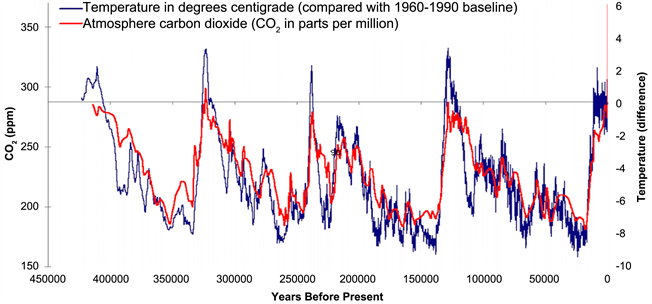Dagosa
Gold Member
- Oct 22, 2012
- 20,860
- 5,621
- 198
Maybe because Greenland is farther north. Are you that naive not to know that location has something to do with climate ? Nah. No one with be that naive.How did Co2 thaw North America while freezing Greenland at the same time?




